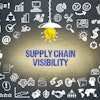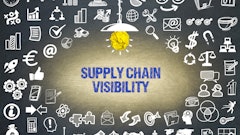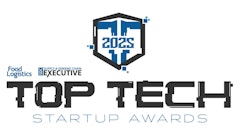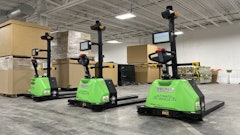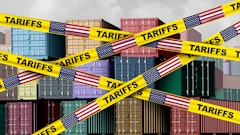
For many companies, the experience of preparing to migrate to IFRS (International Financial Reporting Standards) from previous local accounting standards has been like playing chicken with a slow-moving freight train. Despite seeing IFRS coming for many years, those in its path seem to have frozen in place, perhaps based on a combination of optimism (it won't be difficult to make the transition) and denial (IFRS regulations won't come to pass). The results were last-minute panics to comply as well as much long-term expense and disruption to untangle a mess of temporary fixes.
First in Europe and more recently in Canada, companies consistently underestimated the scale of the task, as well as the planning, time and effort needed for a successful transition. Now, in the U.S., there’s a light on the horizon and the tracks are rumbling louder every day…
The target IFRS compliance date, currently 2015 for publicly traded U.S. companies, is a nice round number that “feels” a long way off—until you discover just how much there is to do. Companies will face a slew of new complexities, as they change their accounting structures and processes for data capture, analysis and reporting.
Companies in the supply chain industry will not escape these pressures. Indeed, for many the increasingly international nature of their operations will place them in the front line. In addition to public companies, private companies around the world may soon follow suit with their own (albeit simplified) version of IFRS. And companies with overseas offices already face the challenges of reconciling different accounting standards, if they are to maintain visibility across all their operations.
To meet new reporting requirements, particularly in early transition years, management will need to identify and explain accounting differences between U.S. GAAP and IFRS. This may have a range of impacts, including:
- collecting additional or different data to support those arguments;
- changing the way the data is structured in the chart of accounts to accommodate data changes and track adjustments or reconciliations between reporting regimes;
- making similar adjustments to the consolidation structures for group reporting; and
- updating reporting and analysis tools and models, e.g. to enable rapid comparisons with previous years and between U.S. GAAP and IFRS, and to deliver key performance indicators (KPIs) that reflect the different measurement basis.
The good news for U.S. companies is that it’s not too late. But it is time to make sure you have the right advice and an interoperable global accounting system in place with flexibility to accommodate the move to IFRS. Don’t end up under the IFRS train; start planning and preparing now. Not only will your business be ready for IFRS, but it also can be much better equipped for whatever else comes down the tracks!
Steve Pugh is CEO of UNIT4 CODA, Inc., a specialist in best-of-class financial management software. Coda Financials is designed to integrate with industry- and company-specific applications and provides real-time financial visibility and control across people, processes and systems. Steve can be reached at [email protected] .

